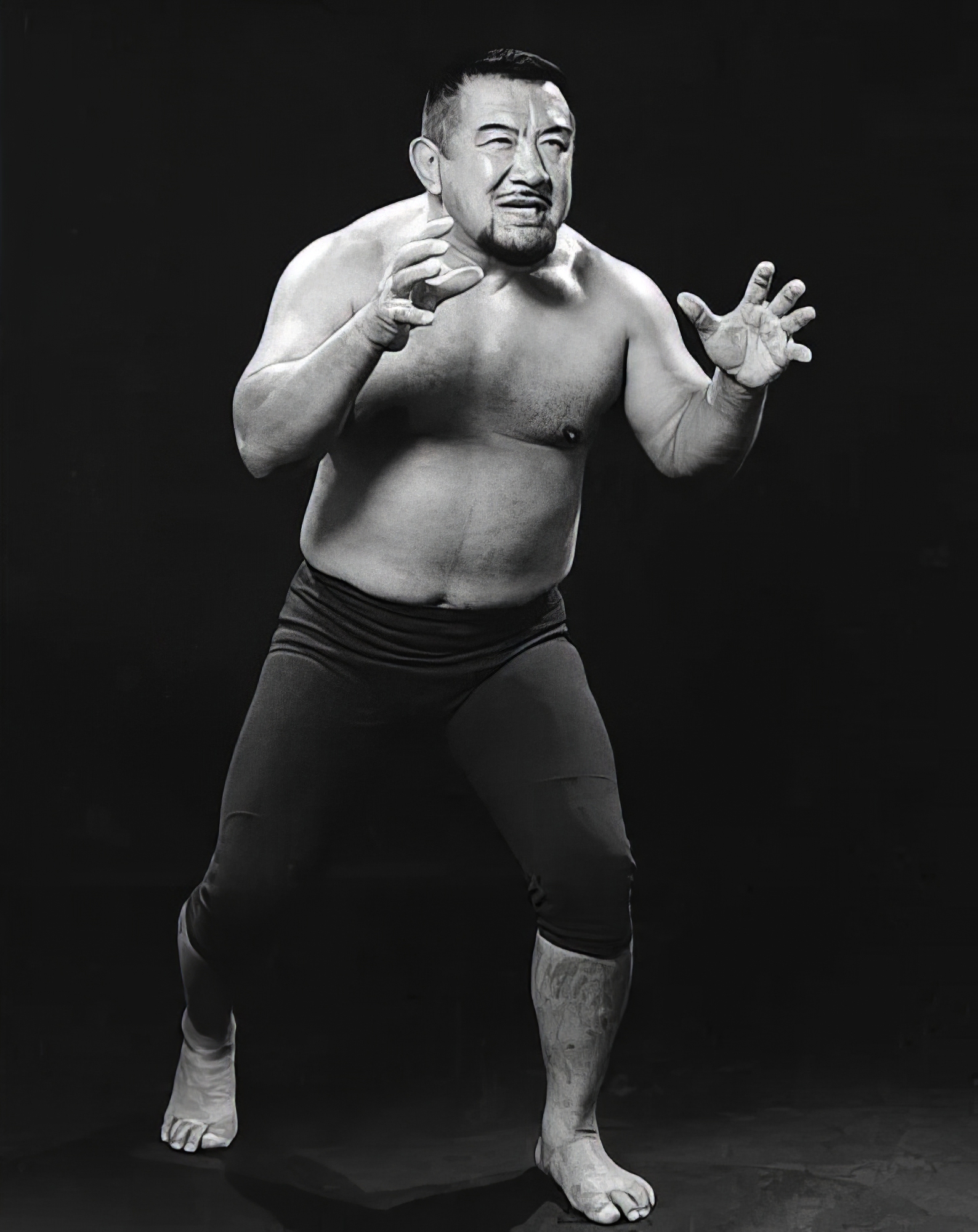As the son of a professional wrestler famous for his antics in the ring, Bob Shibuya only wanted to blend in with classmates in the working-class Northern California neighborhood where he grew up.
"My friends' fathers were plumbers, truck drivers, electricians. I never really brought up my dad's career because my first thought was, I'm just trying to assimilate," said Shibuya, 61, CEO of Dallas-based Mohr Partners, one of the country's largest certified minority-owned commercial real estate services firms.
His father was Robert "Kinji" Shibuya, who parlayed the gimmick of an angry Japanese villain into a long career in the wrestling ring as well as appearances in movies such as the neo-noir mystery film "Hammett" and TV shows such as "Kung Fu" and "Falcon Crest."
"I never really embraced his career until I was an adult, when it dawned on me that it’s part of my heritage," Bob Shibuya said in an interview with CoStar News.
The younger Shibuya grew up in Hayward, California, and went to University of the Pacific in the Central Valley city of Stockton, where he found that most of his fraternity brothers drove fancy cars and had fathers that were either real estate brokers or developers.
"I was ambitious and wanted to be successful, so the commercial real estate industry attracted me," he said. "I wanted to build net worth."

Shibuya started as a regional manager for Cushman & Wakefield in Northern California in the 1980s. He met his wife, Michele, on a blind date in 1992 after transferring to Cushman's offices in Los Angeles. He went on to become executive vice president of brokerage services at Insignia Financial Group and filled a similar role at CBRE.
Trammell Crow recruited Shibuya to be its head of national brokerage in 2003 in one of the industry's first major efforts to make the ranks of senior leadership more diverse. Shibuya credits former Trammell Crow CEO Bob Sulentic, now CEO of CBRE, and Mike Lafitte, Trammell's current CEO, as being "the two people who most affected my career."
"It was my big break, and I've been paying it forward ever since," Shibuya said.
The executive promoted diversity and inclusion for minorities, women and LGBTQ employees and vendors during his tenure at Trammell Crow and every company that he's led since.
Shibuya joined Mohr Partners in 2014, and in 2017 he led a management buyout of the firm founded by Texas executive Robert Mohr. The firm provides tenant representation across several property types, including office, industrial and retail.
More than 60% of leadership positions at Mohr Partners are held by women, people of color and LGBTQ employees, he said. More than one-third of all corporate employees are from minority backgrounds at Mohr, which has more than 200 employees in 24 offices across the United States.
"We’re gender, ethnic and sexual-orientation diverse, and that makes us a more balanced and more holistic company," Shibuya said. "Diversity has really improved our ability to attract and retain the best and brightest people."
Setting Precedents
Kinji Shibuya first stepped into the wrestling ring because Japanese Americans had few professional opportunities in the years after World War II, when anti-Japanese sentiment was still running high in the United States, his son said.

"I didn’t experience any of the racial issues my parents did growing up in the 1920s and ‘30s," he said. "But I was not oblivious to the fact that I chose a profession in 1983 when there were very few people of color and very few women. Forty years ago, there wasn’t much racial diversity at all in commercial real estate."
Shibuya remembers his father, who died in 2010, as a loving, involved and influential dad, far removed from the nasty and some might argue stereotypical role he played in the wrestling ring.
As a father in his 50s, Kinji, a former All-American football player at the University of Hawaii, put the pads and cleats back on to teach his son high school football skills.
While Kinji was not a businessman, professional wrestlers in those days had to book their own events and work with promoters. He toted a little black book with all his contacts' names and phone numbers as he traveled from city to city for matches.
"He was an independent contractor, just like a broker, and a relationship builder. He liked to connect people," Shibuya said. "The relationship-building that my dad taught me has really helped me in my career. Relationships are everything, especially in commercial real estate."
Shibuya, thinking back on the lessons and opportunities that he received, eventually began to reevaluate his view of his father's line of work and path to success.
Rising instances of hate crimes against Asian Americans and the civil unrest that followed the killing of George Floyd, who was Black, by a white Minneapolis police officer in 2020 increased his respect for his dad and strengthened his resolve to do what he could to increase equality and inclusion.
"It dawned on me that his career was part of my heritage," Shibuya said. "When you were a minority in the 1950s, going into commercial real estate development and brokerage was not an option. The only way you made any big money was by going to medical or dental school or becoming an entertainer. So he chose wrestling."
"That's just what people of my racial background had to do to make a living in the ‘40s and ‘50s," Shibuya said.
